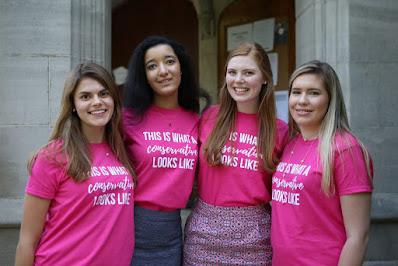Yeah, I know, Tax Foundation. Still, this is back of the envelope, meant to just develop suggestions,
If the total cost is $174 billion that's a total of 290 million income tax filers and minor children receiving payments at $600 each (at $2000 each the price tag would be $580 billion, which is a lot).
The size of the average payments gives you an idea of how many children per adult: around one for every two adults in the range up to the 90th percentile (1 adult plus 1/2 kid = $900), one for four adults in the 90% to 95% range, and none over that (obviously a function of the age of the tax filer—the more money you make, the more likely any kids you have will be grown).
Thus around 200 million tax filers total, and 90 million children; 100 million of the adults over the $40,000 median individual income, and 100 million beneath it; and 40 million adults, with their 20 million kids, in the 60th to 80th income percentiles, in the something like $50K-to-$75K range, plus 15 million adults and 5 million kids in the 80th to 95th (getting payments because they belong to a household where one spouse earns under $75K and the other one earns more), that's 80 million souls who are really pretty well off, many of them technically rich, accounting for $48 billion of the total stimulus-check bill, while $126 million goes more or less where it belongs.
Or almost twice as much money being spent on "stimulus" for people earning more than $50,000 a year, quite a number of them much more, as is being spent on rent relief for the desperate.
Or more than four times as much as is being spent on emergency SNAP benefits for the food insecure.
This is not right, when the economy doesn't need a stimulus anyway, but rather relief in the months it will take to conquer Covid-19. And as I say it increases wealth inequality, since those of us who don't need it can invest it, while for those who do need it, it's money they don't even get to spend, for the landlord or the credit card. If you raise the amount to $2000 that's three times as nice for those under the median, and I don't mind, I don't freak out over deficits, but the effect on those over the median is three times as pernicious (your $149K two-kid family is surely putting their $8,000 in a college fund or playing with shares—it's far too much to spend in restaurants, far too little to buy a boat or remodel the kitchen, and you can't spend it on travel, so it ends up making them wealthier).
And don't start telling me how important it is that it shouldn't be means-tested, because it is means-tested, with the $75K cutoff. It's just set at the wrong level. Social Security and Medicare are means-determined too, by the way, contrary to what your Yangist friends tell you, at the front end, by the progressive pricing of the premiums as a percentage of your wages, and of course will be still more so when we raise the cap on how much the rich have to pay, and a good thing too.
For the present matter, it would be better to use a more targeted technique, like federal payments bringing up essential workers' income to a minimum $25/hour and other minimum-wage workers to $18. And Canadian-style unemployment payments to people kept home by childcare needs. Save the free money fot the upper middle class for when there's some business they can spend it on/
I suspect Democrats insisting on this provision, it they're thinking about it at all, are either thinking about it in the dumbest Yang-gang sense in terms of how much fun it would be if they themselves got a big check in the mail, or else in the same way Mitch McConnell does, as a way of buying votes. It's not good policy, and any vote-buying effect will be gone by November 2022. I'll try to stop talking about it now, because I know it's out of step with the Democratic conversation, and the party will do what it has to do, but I wanted to put these numbers together to get a sense of what the issue really is and why it bothers me.





























